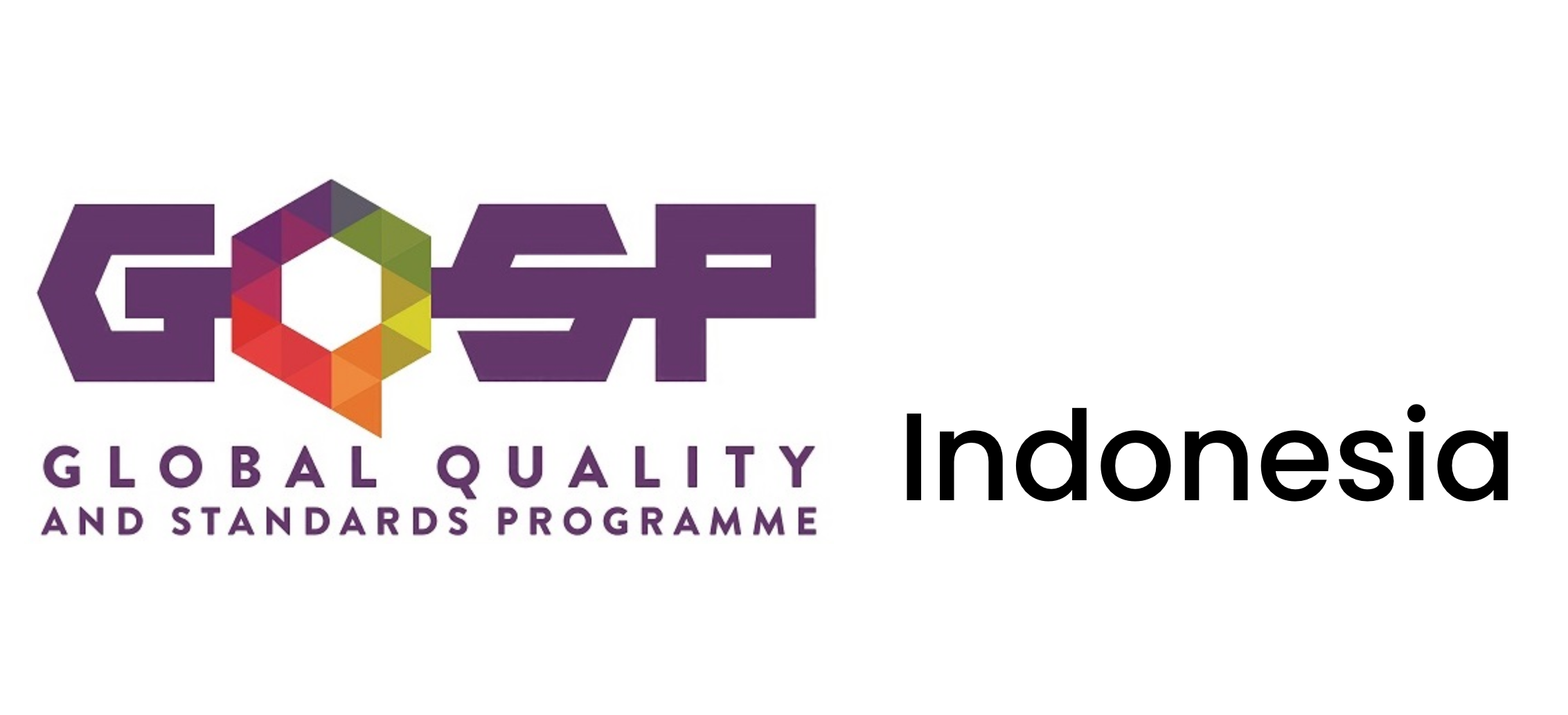
IndoGAP – bringing Indonesia's aquaculture to the global market
By Ita Sualia and Sudari Pawiro - GQSP Indonesia
With a population of 7.9 billion people at this moment and more than 9 billion people in 2050, the world is facing an enormous challenge in providing food and livelihood for its inhabitants. Fisheries and aquaculture play an essential role in providing food, nutrition and employment for millions of people. The State of World Fisheries and Aquaculture 2018 by FAO reported that the global fish consumption was increasing more rapidly than the human population growth and exceeding the consumption of all terrestrial meat combined. The report also showed that aquaculture is growing faster than the other major food production sectors and responsible for about 50% of all fisheries production. However, it is imperative now than ever to have sustainable fisheries and aquaculture.
The Indonesian government realizes this situation and challenge but also sees it as an opportunity. The Ministry of Maritime Affairs and Fisheries (MMAF) develops a third-party certification scheme for aquaculture – the Indonesia Good Aquaculture Practices or widely known as the IndoGAP. IndoGAP guarantees Indonesia's aquaculture on food safety and quality, fish health and welfare, environmental sustainability, and social aspects. The scheme covers Good Aquaculture Practices, Good Hatchery Practices, and Good Fish Feed Manufacturing Practices. MMAF also works alongside the country's National Standardization Agency (BSN) to develop the certification criteria through the Indonesian National Standards (SNI) scheme by following the FAO Code of Conduct for Responsible Fisheries. The governance of the IndoGAP itself is following the International Standards Organization (ISO)'s standards.
To support the establishment of independent conformity assessment bodies (CABs) for the IndoGAP, GQSP Indonesia, in collaboration with the Directorate General of Aquaculture of MMAF, have carried out a series of capacity building related activities since mid-2020. Three CABs were prepared, named with LSPro, which are attached to the Technical Implementing Units for Aquacultures of the MMAF in three locations: Takalar (BPBAP) – South Sulawesi; Sukabumi (BBPBAT) – West Java; and Jepara (BBPBAP) – Central Java.
The managers of the three LSPro signed the Quality Manual Documents on November 27, 2020. The signing was witnessed by the Director General of Aquaculture and BSN official. The signing of the Quality Manual also marks the starting implementation of the documents. After implementing the Quality Manual for a minimum of three months, LSPro can apply for accreditation to the Accreditation Body (KAN). It is expected that the three LSPros will be accredited by KAN by mid of 2021, to then carry out their duties as IndoGAP certification body.
As part of GQSP Indonesia's support for IndoGAP implementation, since 2018, a series of capacity building and technical assistance for establishing the IndoGAp legal framework have been conducted, including accreditation for three LSPro and preparing aquaculture units to become IndoGAP clients. Since 2019, GQSP Indonesia has also supported MMAF in communicating intensively with the Global Sustainable Seafood Initiatives (GSSI) – a global, multi-stakeholder platform for collaboration and knowledge exchange to address sustainability challenges that have an environmental, economic and social impact. With engagement with GSSI, it is expected that will lead to the recognition through benchmarking of IndoGAP by GSSI. The recognition of IndoGAP ultimately improves market access for the Indonesian aquaculture products' in the global market.
